Some young travelers are terrified of staying in a hostel. Maybe you’ve heard a few too many cautionary tales from relatives who backpacked through Europe in the 80s or the idea of a hostel conjures up your worst memories from freshman-year dorms. Sometimes fears just come from a lack of information. Maybe you’re reading this wondering, “What is a hostel? How do hostels work?”
The reality is, youth hostels today are safer than ever, and there are dozens of reasons to stay in hostels during your trip. Hostels offer cheap accommodation and a casual social atmosphere that pretty much make them a no-brainer for a young traveler. Remember that no two hostels are alike, so do your research and then book a new bed in every city you visit. Here are ten tips on how to get the most out of your stay.
1. Know before you go
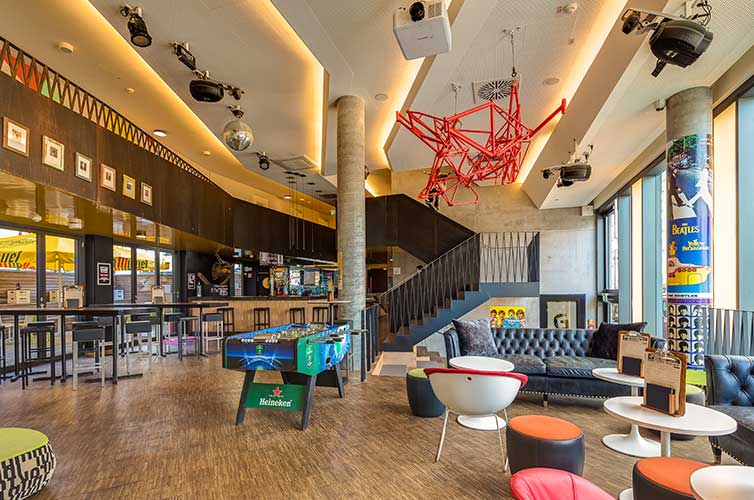
What is a hostel? While all hostels have their own character and flair, it’s a good idea to know generally what to expect. Hostels are not hotels or bed-and-breakfasts. Although you sometimes can reserve a private room, it’s not the norm, so expect to be sharing a bedroom with anywhere between 4-12 other people, dorm-style. (You’ll be able to choose the size of your room when you’re booking.) There’s usually bunk-beds and lockers for each person. Typically, bathrooms are communal and not attached to individual rooms. There’s also usually some communal spaces and a kitchen, where you can store food or do some light cooking.
Booking a hostel is a similar process to booking flights or a hotel or anything else. You can usually make your reservations online. If you’re making last-minute travel plans, hostels are a great choice because they usually have space. The hostelling system is a great way to save money, meet new travelers and find community while you’re traveling.
What to avoid: If it’s your first time staying in a hostel, avoid rolling up to a random hostel in town and seeing if you can get a room. Although this strategy might work in a pinch, it’s always better to do your research ahead of time and know what to expect!
2. Do your research!
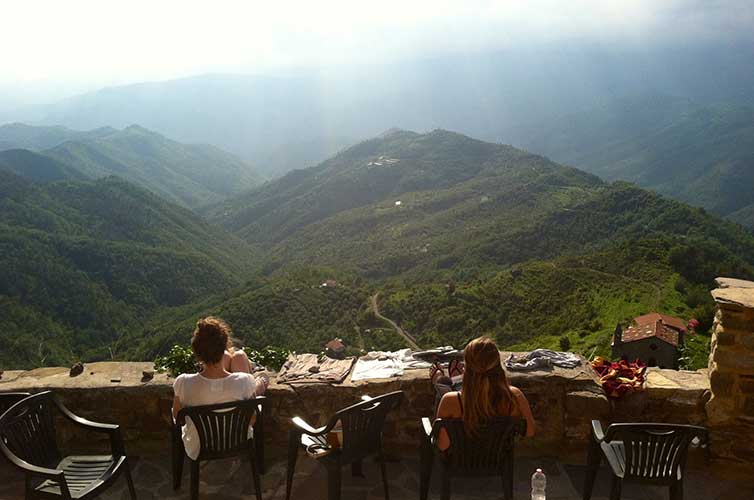
Some hostels are part of bigger networks, like HI (Hostel International), which regulate facilities and demand a certain level of quality and transparency. For more independent locations, TripAdvisor and and StudentUniverse are your best friends. Read through some of the reviews before you decide on a place so you’ll know what to expect. Although you shouldn’t cancel your trip over one bad review, do try to gather as much information as you can. The goal is to know exactly what you’re getting and what you’re not. Breakfast? Wifi? Hairdryers? Some modern hostels offer amenities like built-in bedside reading lights, blackout drapes and air conditioning, but if they don’t mention it on their website, don’t expect it. After all, hostels are meant to be budget accommodations, not a five-star hotel.
What to Avoid: stay away from hostels that have a checkout time before 10 am! It’s like signing up for an 8am class—you think you’ll be fine, but you’re def going to regret it. Also avoid any hostels that have consistently poor ratings, especially if they’re related to cleanliness or safety.
3. Find the right hostel for you

With so many good hostels to choose from, how can you decide? Once you’ve weeded out some of the less-than-ideal options, you’ll probably find that there’s still a ton to pick from. There’s a lot you can consider:
- How close is the hostel to the city center or to things you’re interested in doing?
- Does the hostel cater to a specific kind of traveler or age group?
- Does it have the kind of room you’re looking for?
- What kinds of amenities does the hostel offer?
- Is it a good price for you? (Be sure to think about things like if the hostel includes a free breakfast, free walking tours or other perks.)
Keep in mind that in most cities there are dozens of good hostels. Pick one that suits your needs and get ready to save some money!
What to avoid: Again, any hostel that has tons of bad reviews, is in a sketchy area or is super far from the city or doesn’t offer essentials (lockers, individual beds, etc.) should probably be avoided.
4. Choose your room (and bunk!) wisely
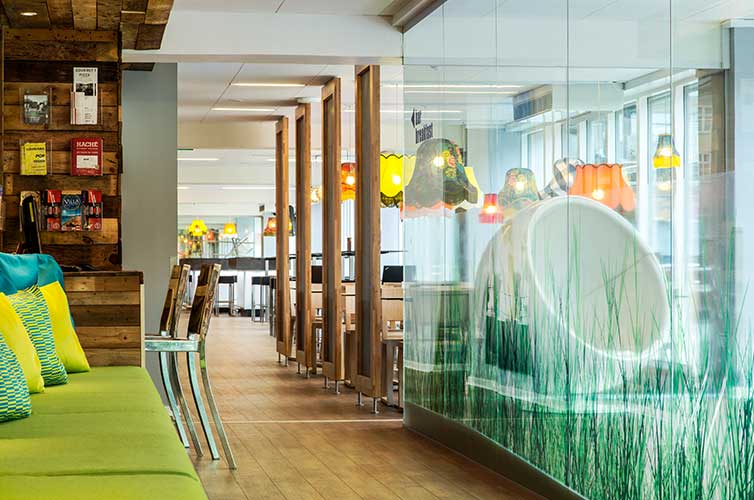
Rooms at hostels can vary a lot. From private rooms to co-ed rooms with 12-15 bunks to just about everything in between, you can find a hostel that offers it. Female travelers, especially if you’re traveling solo, may want to pick a female-only room (offered at most hostels). If you’re a light sleeper or really appreciate privacy, sharing a room with just three or four people might be easier. If you’re traveling with friends, it might be worth it to save a few bucks and book the larger dorm.
A good rule of thumb is to opt for something in the middle: you don’t necessarily need to shell out the cash for a private room, but also don’t feel that you have to book the 16-person dorm just because it’s the cheapest. Look for a balance between privacy and savings, and always be sure to choose a room that you’ll feel safe and comfortable staying in.
What to Avoid: If the website of the hostel doesn’t give details about how the rooms are set up, don’t be afraid to ask. Finding out in advance is better than expecting a 4-person private room for you and your friends and showing up to a 12-person dorm. And avoid the top bunks if possible! Bottom bunks are much easier to get in and out of and you can tuck your things under the bed frame.
5. Know what to pack

Of course, hostels don’t really involve an entirely different set of packing requirements, but there are a few items that’ll make your stay a lot easier. Make sure you come shower-ready, i.e. bring a small towel, soap and shampoo, since these aren’t always provided. Most importantly, bring a pair of flip flops. If you’ve ever lived in a dorm, you’ll know that shower shoes are a must have.
It’s also a good idea to bring earplugs and a few layers for sleeping at night. Although most travelers do their best to be quiet and respectful in hostels, shared rooms won’t ever be totally noise-free, especially if someone has an early flight (or a late night) or is a snorer. And since rooms can sometimes be quite warm or quite cold at night, it’s a good idea to have layers for sleeping in so you won’t be stuck shivering (or sweating).
What to avoid: Whatever you do, don’t forget the shower shoes! And it’s a good idea to avoid bringing too many valuable items or things you just wouldn’t want to lose—this is a good rule of thumb for travel in general.
6. Watch your valuables
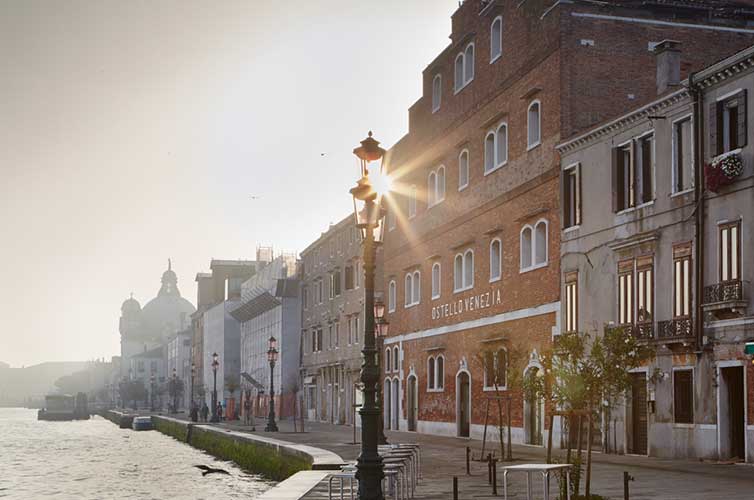
The hostel system runs on trust and common sense. In general, backpackers and budget travelers are a trustworthy bunch, but is it ever a good idea to leave your money, passport and other valuables lying around? Don’t be afraid: just use common sense. The majority of hostels now offer lockers or safes for your belongings. If not, keep them on you at all times, or stash them under your pillow while you sleep.
What to Avoid: Honestly, if a hostel’s website doesn’t mention that they have lockers (or if reviews specifically mention they don’t), it’s probably worth it to find a place that does. While you’re there, avoid flaunting any valuables you have with you—expensive cameras or a lot of cash. Be discreet!
7. Be friendly!

You’ll find plenty of travelers milling around the hostel in between activities. Most hostelers are more than happy to have a stranger join their conversation, so don’t be shy. Introduce yourself at breakfast and share your plans for the day. If you recognize your roommates in the kitchen or at the bar (some hostels, like Generator Venice, have really cool common areas), say hi and invite them to join you that evening. Hostels are the best places to meet other people, make friends and share valuable travel tips.
What to avoid: Don’t ignore the people around you at hostels, even if you’re traveling with friends or just passing through for a night. You could miss the chance to meet some really awesome people! And since hostels are such close quarters, saying hello, introducing yourself and being friendly goes a long way.
8. Familiarize yourself with hostel etiquette
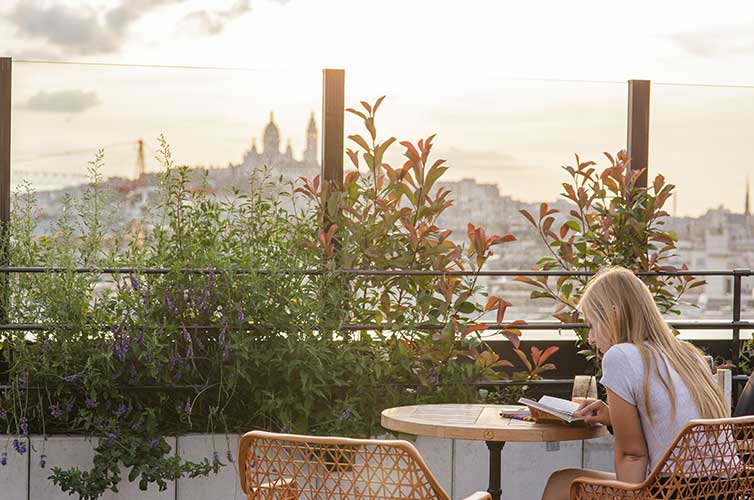
Sure, you’ll probably never see these people again, but you don’t want that kind of bad karma in the middle of your trip, do you? Follow basic youth hostel etiquette and avoid making enemies. Use headphones in the room, don’t turn on the lights at night (use a small flashlight instead), never use something that belongs to your roommate without explicit permission, keep smelly food outside the room, be efficient with the bathroom, keep your area neat (or at least contained) and if you have the top bunk, hang towels or other items over the foot of your bed, not the side. Roommate relations can make or break your hostel experience, so put in a little effort and introduce yourself when you arrive.
What to Avoid: The golden rule definitely applies here. Treat others respectfully and avoid doing anything you wouldn’t want someone else to do.
9. Ask for advice
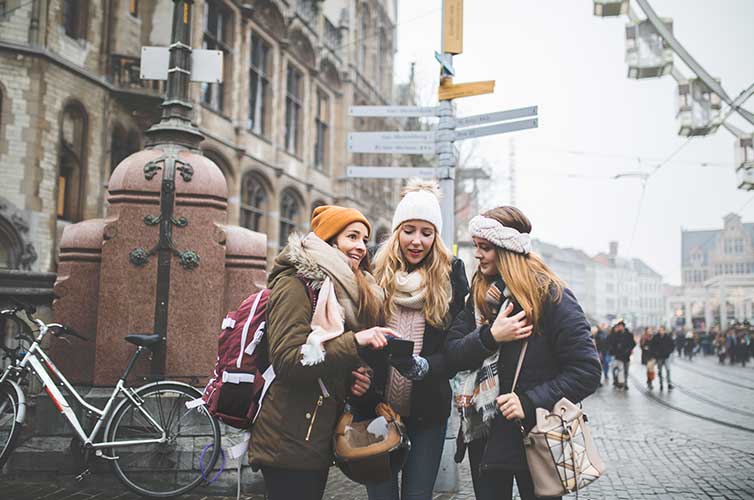
Hostel staff are a great resource for you while you’re traveling! Most staff at hostels are either locals in the town or travelers who are spending an extended amount of time in the city, so your hostel staff will be super knowledgeable about the area. Wanna know the best place to order a pizza from, where to find cheap groceries, which subway ticket to buy or the best place to grab drinks? Just ask! They’ll have plenty to recommend and they might even be able to offer you a discount with a hostel code or coupon.
What to avoid: Don’t make the hostel staff clean up after you. Keep common spaces you’ve used clean and if they’ve asked you to follow certain procedures during checkout (such as taking the sheets off your bed or leaving the key in a certain place) be sure to do so.
10. Have fun!

Ultimately, hostels are a great place to stay when you’re traveling because they’re cheap, usually centrally-located and are a great way to meet new people. Hostels are also becoming safer and safer, and a lot of hostels now have super cool features and perks, like discounts on city passes, organized activities, rooftop lounges or in-house bars. Do your research, follow our tips and enjoy your stay!
Ready to start searching for a hostel for your next trip? We’ve got you covered with cheap student hostels and hotels.


